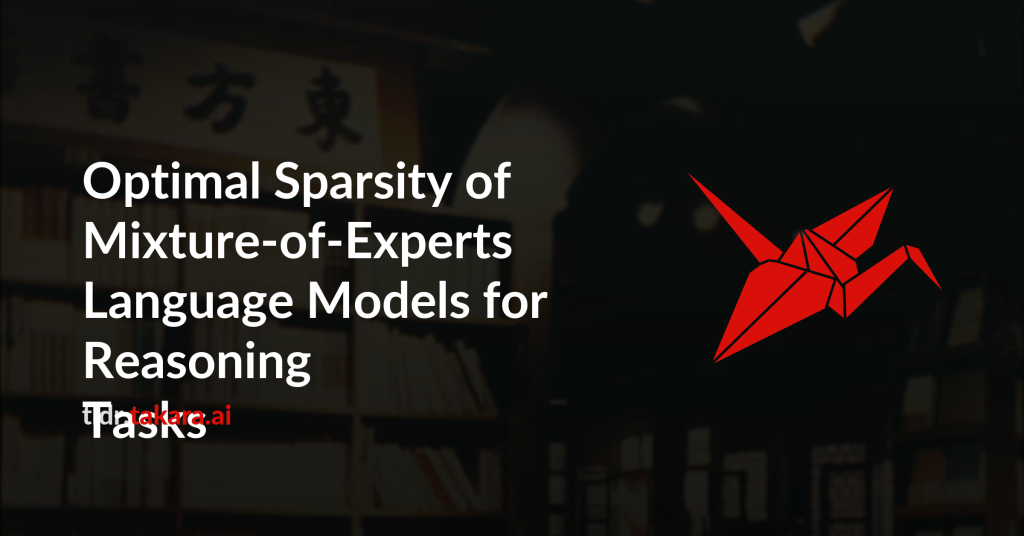Empirical scaling laws have driven the evolution of large language models
(LLMs), yet their coefficients shift whenever the model architecture or data
pipeline changes. Mixture-of-Experts (MoE) models, now standard in
state-of-the-art systems, introduce a new sparsity dimension that current
dense-model frontiers overlook. We investigate how MoE sparsity influences two
distinct capability regimes: memorization and reasoning. We train families of
MoE Transformers that systematically vary total parameters, active parameters,
and top-$k$ routing while holding the compute budget fixed. For every model we
record pre-training loss, downstream task loss, and task accuracy, allowing us
to separate the train-test generalization gap from the loss-accuracy gap.
Memorization benchmarks improve monotonically with total parameters, mirroring
training loss. By contrast, reasoning performance saturates and can even
regress despite continued gains in both total parameters and training loss.
Altering top-$k$ alone has little effect when active parameters are constant,
and classic hyperparameters such as learning rate and initialization modulate
the generalization gap in the same direction as sparsity. Neither post-training
reinforcement learning (GRPO) nor extra test-time compute rescues the reasoning
deficit of overly sparse models. Our model checkpoints, code and logs are
open-source at https://github.com/rioyokotalab/optimal-sparsity.

